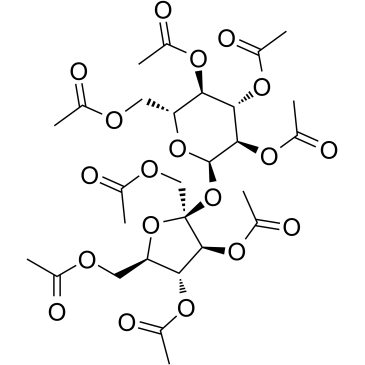| 结构式 | 名称/CAS号 | 全部文献 |
|---|---|---|
 |
阿斯巴甜
CAS:22839-47-0 |
|
 |
蔗糖八乙酸酯
CAS:126-14-7 |
| 结构式 | 名称/CAS号 | 全部文献 |
|---|---|---|
 |
阿斯巴甜
CAS:22839-47-0 |
|
 |
蔗糖八乙酸酯
CAS:126-14-7 |